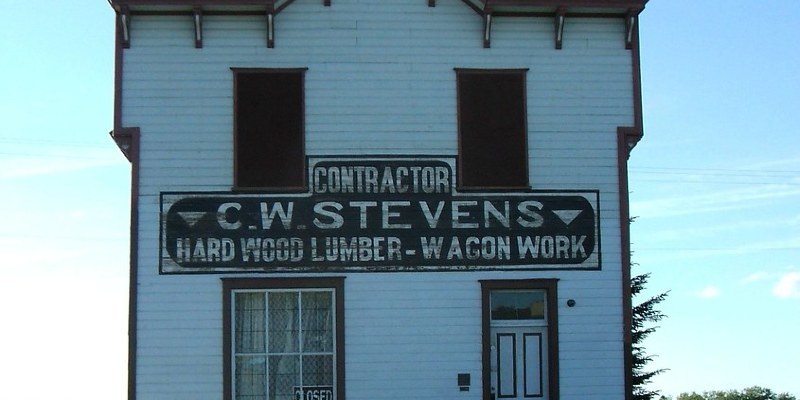Every year, several million Americans receive federal assistance that makes it less costly for them to pay rent. Most of these applications are managed by HUD, the U.S. Department of Housing and Urban Development. Several rental assistance programs are managed by this agency. It works with local housing authorities to serve the public by managing public housing centers and overseeing other federal rental assistance applications.
Public Housing Program
Tenants who live in housing improvements receive rent assistance. HUD administers federal aid to local housing agencies, and those agencies in turn use the funds to provide low-cost rental units to qualified individuals. HUD's housing rent support is available only to low-income households, the elderly and handicapped persons. Eligibility is based on income, citizenship or proof of lawful immigrant status and, sometimes, age or handicap. The amount of rent is based on a family’s expected gross annual income after deductions for dependents. In 2010, a deduction of $480 was granted per dependent. Renters must make monthly rent payments equal to the greater of 10 percent of their yearly earnings or 30 percent of their adjusted income less the deductions for dependents. All renters must pay at least 25 a month even if 10 percent of their earnings and 30% of their adjusted income is less than $25.
Section 8 Housing
Also referred to as the Housing Choice Voucher Program, the Section federally administered program offers rental assistance for low-income individuals and their households. The renter receives a subsidy that restricts out-of-pocket spending on monthly rent payments. To qualify for the application, renters must make less than 50% of the Area Median Income, the average income earned by employees in a particular geographic location. According to the U.S. Census Bureau, the median income for San Francisco County in 2008 was $73,127. One benefit of this Section 8 application is that renters are not required to live in public housing complexes, which often are overrun by crime, drug usage and other socioeconomic ills. Under the program, renters must give the greater of 10 percent of their total monthly earnings or 30 percent of their adjusted gross monthly income toward rent. The adjusted gross income is total monthly income minus deductions for dependents. In the event the total rent amount is greater than the renter's highest donation, HUD issues a voucher to pay the difference. But HUD uses regional financial information to set a maximum allowable rent, and the voucher covers only amounts up to the max. The renter is required to pay all levels past the maximum.
Transforming Rental Assist
In 2010, HUD proposed a new rental assistance program, and at July 2010, Congress was debating legislation based on HUD's recommendations. Dubbed PETRA, or the Preservation, Enhancement and Transformation of Lease Assistance Act, the bill replaces other rental assistance applications with long-term rental assistance contracts. The proposed laws would permit increased flexibility for tenants, and property owners could start some home units to renters who don’t receive assistance. This would enable property owners to make the profit needed to create necessary repairs to their possessions.

